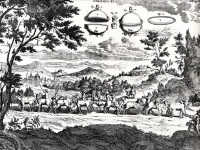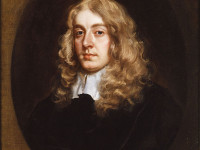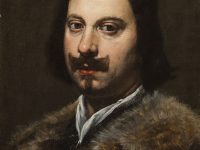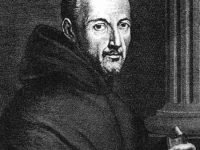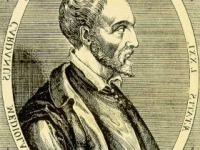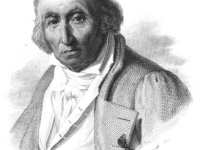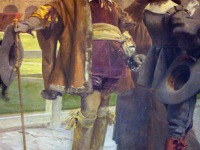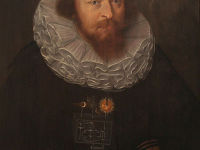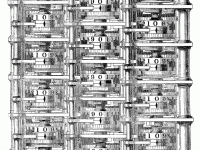Otto von Guericke and the Horror of Vacuum
On November 30, 1602, German scientist, inventor, and politician Otto von Guericke was born. One of his major scientific achievements was the establishment of the physics of vacuums, which he gave proof of in a famous public experiment. He also was an envoy at the Peace of Westphalia after the Thirty Year’s War.[4] “For God cannot be contained in any location, nor in any vacuum, nor in any space, for He Himself is, of…
Read more

